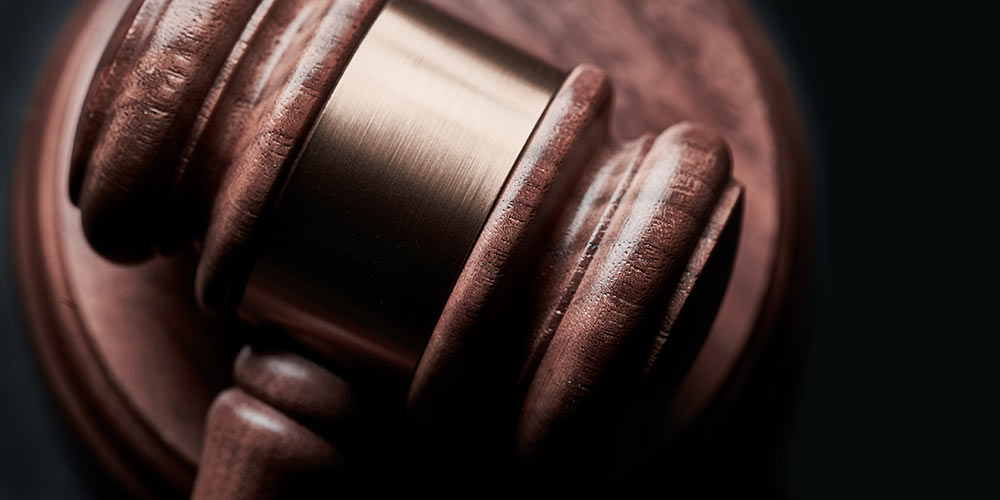
What is Mandatory Arbitration?
Mandatory Arbitration in Washington State
In order to relieve court congestion and speed up the administration of justice in civil cases, Washington State has enacted “mandatory” arbitration both by statute (RCW 7.06 et. sec.) and court rule. The current jurisdictional limits for mandatory arbitration in Kitsap County is $100,000. The various counties in the state have the discretion to adopt $100,000 as the top jurisdictional limit or some amount less than $100,000.
Cases subject to mandatory arbitration in Kitsap County are cases in which the plaintiff concedes that:
- the potential jury verdict is most likely less than $100,000,
or
- the plaintiff is willing to agree to accept $100,000 or less even though plaintiff believes that the potential value is greater but just wants to be done with the case without having to go to a jury.
The rules of mandatory arbitration apply to cases that have actually been filed as a lawsuit in the Superior Court. Once a lawsuit is filed, it can take one or 2 years for the matter to actually reach a jury trial, mostly due to court congestion.
If the plaintiff elects to put the case into arbitration, the court will appoint an arbitrator to hear the case and make a decision after the parties present their evidence and arguments. The arbitrator is generally a lawyer with experience in the area of law being arbitrated, and usually, but not always, a lawyer who practices law in the county in which the case is filed. The court rules require that the arbitration be held within 75 days of the date the arbitrator is appointed.
Arbitration is quicker and easier because the rules of evidence are relaxed and there is no jury. The parties present their case to the arbitrator in the form of documentary evidence such as medical reports, and witness testimony as needed. Medical testimony and other expert testimony can be presented in the form of affidavits or declarations signed by the expert.
[In a jury trial, such testimony would be excluded as hearsay, and the parties are required to either call the expert in as a witness to testify in front of the jury, or may present the expert testimony by deposition taken for the purpose of presentation to a jury.]
The deposition can be videotaped if desired. Most arbitrations can be presented in a day or 2, or even half a day in cases where liability is conceded and there are no complex issues.
The Washington State Constitution provides for the right to a jury trial in most civil cases. In order to preserve that right in cases that are arbitrated, the court rules provide for the right of a party who is dissatisfied with the result of an arbitration to request a trial de novo to be heard in front of a jury. That means the cases put back on the jury trial docket by the Superior Court and a trial date is set for the case to be heard in front of a jury. Since the whole point of arbitration is to resolve cases short of a jury trial, the rules try to discourage jury trial after arbitration by providing an incentive to accept the arbitrator’s award. If a party requests a jury trial after arbitration, but does not better their position after a jury trial, that party is liable for the other side’s costs, and reasonable attorney fees as determined by the court based on the number of hours spent by the prevailing attorney between the time of arbitration and the jury verdict.